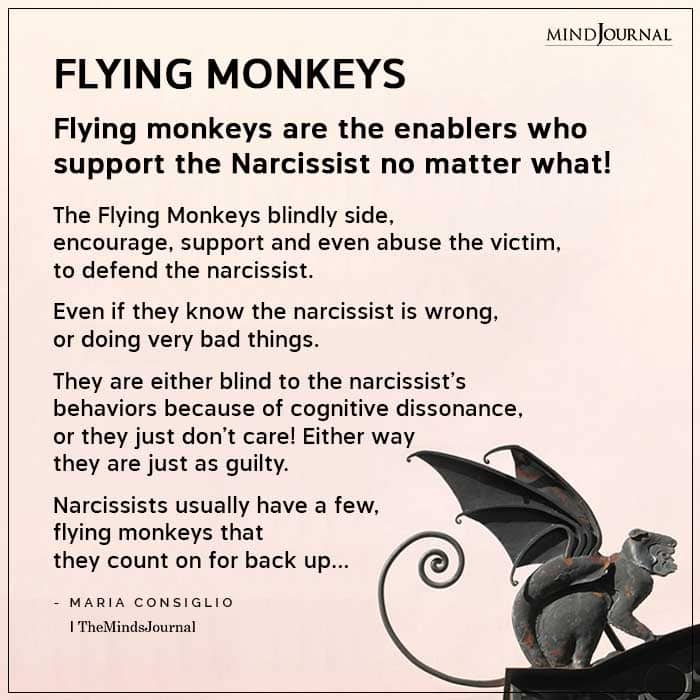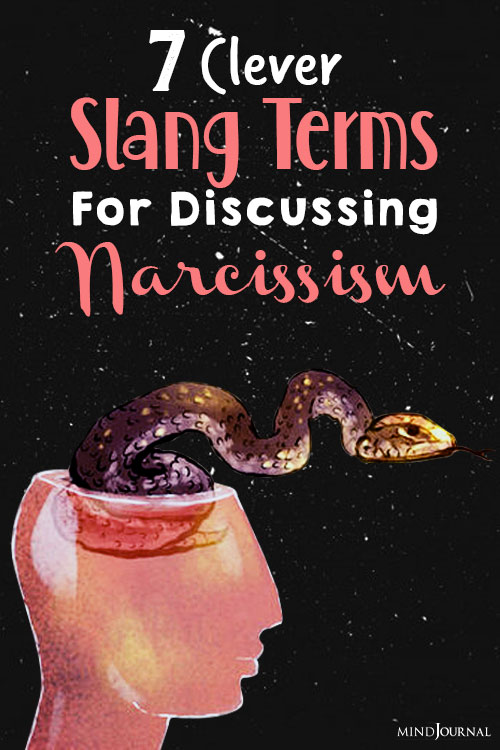If you are reading this article, you are likely aware of the active online conversation about narcissists and narcissism. Narcissism, or Narcissistic Personality Disorder (NPD), is a serious psychological condition that affects a small percentage of people.
NPD requires a professional for proper diagnosis, but an understanding of the basic traits and characteristics of narcissism can help many people who are dealing with borderline narcissists. Non-technical discussions around narcissism are useful for describing individuals who often resort to narcissistic behavior in relationships, even if these individuals don’t have a proper NPD diagnosis.
Professional therapists, counselors, and psychologists might be wary if they hear you, as a layperson, bringing up narcissism. A mental health professional may view your non-clinical use of the terminology as revealing a lack of knowledge, rather than as the helpful professional tip you thought it would be.
You may get more respect from mental health professionals if you clarify whether your narcissist has been properly diagnosed with NPD or whether your narcissist exhibits behavior that you believe demonstrates narcissistic tendencies which create problems for you.
In Chapter 1 of Brene Brown’s popular book, The Power of Vulnerability, Brown muses about the current flurry of interest in narcissism and states that “as a mental health professional . . . it makes me wince a little.” She suggests that many people are tagging toxic behavior as narcissism without realizing that narcissism is a defined and serious mental health disorder.
To account for the lay interest in narcissism, she offers the conjecture that, when viewed through a lens of vulnerability, narcissistic traits might be a manifestation of “the shame-based fear of being ordinary.”
Brown theorizes that widespread narcissistic tendencies are a logical extension of living in a culture defined by “never-enough.” Never good enough, never powerful enough, never safe enough, never relevant enough, never extraordinary enough.
Related: Heavy Lies The Crown Of A Narcissist
Rather than dismissing narcissism as a junk diagnosis, most professionals recognize that when laypeople refer to a narcissist, they are referring to someone who exhibits many narcissistic traits, someone who is “on the spectrum,” so to speak. The narcissistic traits seem to fit a pattern, and these traits seem to be causing relationship problems. The non-narcissist finds solace and power in naming a problem and learning the terminology needed to talk about it.
As large numbers of laypeople have engaged in the online debate about narcissism, colorful terminology has sprung up to support the conversation. Mental health professionals like Elinor Greenberg, Ph.D., recognize that the slang terminology around narcissism can be helpful for people who are dealing with manipulative relationships, whether or not that person has any real understanding of what mental health professionals mean by an NPD diagnosis.
As Dr. Greenberg writes, “some of these [slang terms] are actually quite clever and capture important aspects of the experience of loving someone with NPD – such as gaslighting, hoovering, and flying monkeys. However, many of these terms are being misused in much the same way that uninformed people casually label people as narcissists without any real understanding of what mental health professionals mean by that diagnosis.”
We’ve chosen seven of the most common slang terms used in the narcissism conversation. You might find these slang terms helpful, whether you are dealing with someone with a professional NPD diagnosis or whether you are dealing with someone on the spectrum.
7 Clever Slang Terms For Discussing Narcissism
1. Flying Monkeys
Flying Monkeys are unknowing people who are used by the narcissist to bolster the narcissist’s perspective. The flying monkeys in the Wizard of Oz accomplished the Wicked Witch’s purposes. Similarly, flying monkeys in the world of narcissism are friends or family who the narcissist uses to persuade you of their point of view.
A narcissist, for example, might “confide” in your mother about how you are “mistreating” him, knowing that your mother will pressure you in his favor. Or, instead of a personal apology after hurting you, a narcissist may post something romantic on social media, because she knows that mutual friends will all respond by telling you how lucky you are to have her in your life.

2. Gaslighting
It refers to a movie in which a manipulative husband secretly and gradually turned down the gas lamp in the home, calling his wife’s sanity into question when she observed that the light was getting dimmer.
Gaslighting refers to a narcissist denying that something is true, causing you to wonder whose perception of reality is correct. Statements such as “I never said that,” “you’re imagining things,” and “you’re over-reacting” are all common gaslighting techniques.
Related: 121 Things Narcissists Say When They’re Gaslighting You
3. Future Faking.
Future faking refers to the manipulative strategy of making promises that will not be fulfilled. Future faking is one form of pathological lying.
Whether the narcissist believes at the moment that she will fulfill her promises or not, is beside the point. “I’ll never do that again,” or “I promise I will change” could be future faking, especially when such promises are made repeatedly without accompanying improvement in behavior.
4. Love Bombing.
Love bombing refers to a narcissist’s excessive, one-sided gestures of love and affection, which pressure you to commit to something you might not otherwise have been ready for.
5. Gray Rock.
Gray rock refers to one widely-accepted strategy for dealing with a narcissist. Making yourself respond to a narcissist flatly and without emotion (with as much “feeling” as a gray rock) can cause the narcissist to lose interest in your relationship more effectively and more quickly than trying to drive the narcissist away through direct assertiveness.

6. Hoovering.
In narcissistic slang, hoovering is when the narcissist vacuums or sucks you back into a relationship after you have been discarded or have chosen to distance yourself.
Hoovering is often accomplished through love bombing. Indeed, the only real difference between hoovering and love bombing is that hoovering refers to sucking someone back into a previous relationship while love bombing refers to sucking someone into a new relationship.
Hoovering may be accomplished through texting, gifts, compliments, and even profuse apologies and promises (future faking) for an improved future. Be wary of pressure to forgive or trust based on words instead of actions: “Please give me one more chance, you won’t regret it, I promise, I know you must hate me but I can’t live without you.”
Related: What Is Hoovering? How Does a Narcissist Reel You Back In?
7. Triangulation.
Triangulation is when a narcissist attempts to manipulate you by involving another person or group of people in your relationship. (“M— warned me that you would do this” or “T— was right about you” or even “most people would agree with me that…”).
Triangulation might also involve the narcissist talking behind your back and trying to turn friends and family against you.
Knowing how to talk about a problem has empowered many people to address and overcome the challenges of negotiating with someone who exhibits narcissistic tendencies. These clever slang terms are often used by nonprofessionals to chart a new course and change their lives for the better.
Written By Rebecca Zung Originally Appeared On Rebecca Zung










Leave a Reply
You must be logged in to post a comment.